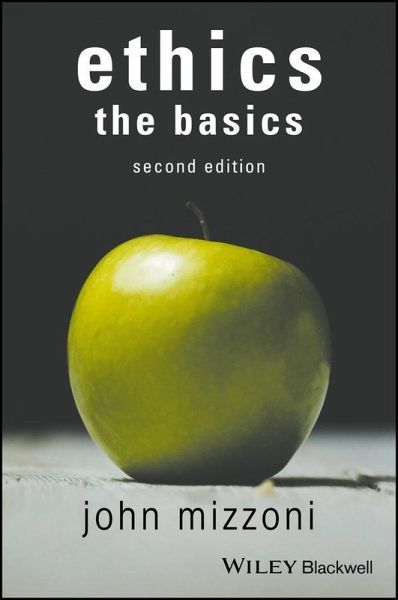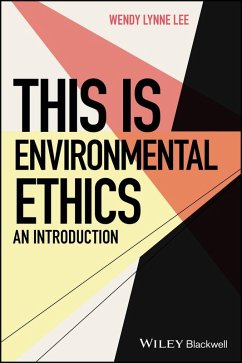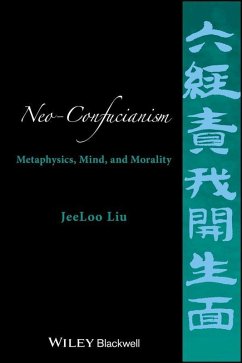
Ethics: The Basics, 2nd Edition (eBook, ePUB)

PAYBACK Punkte
0 °P sammeln!
Updated and revised, Ethics: The Basics, Second Edition, introduces students to fundamental ethical concepts, principles, theories, and traditions while providing them with the conceptual tools necessary to think critically about ethical issues. Introduces students to core philosophical problems in ethics in a uniquely reader-friendly manner Lays out clearly and simply a rich collection of ethical concepts, principles, theories, and traditions that are prevalent in today's society Considers western and non-western viewpoints and religious interpretations of ethical principles Offers a framewo...
Updated and revised, Ethics: The Basics, Second Edition, introduces students to fundamental ethical concepts, principles, theories, and traditions while providing them with the conceptual tools necessary to think critically about ethical issues.
- Introduces students to core philosophical problems in ethics in a uniquely reader-friendly manner
- Lays out clearly and simply a rich collection of ethical concepts, principles, theories, and traditions that are prevalent in today's society
- Considers western and non-western viewpoints and religious interpretations of ethical principles
- Offers a framework for students to think about and navigate through an array of philosophical questions about ethics
Dieser Download kann aus rechtlichen Gründen nur mit Rechnungsadresse in D ausgeliefert werden.













